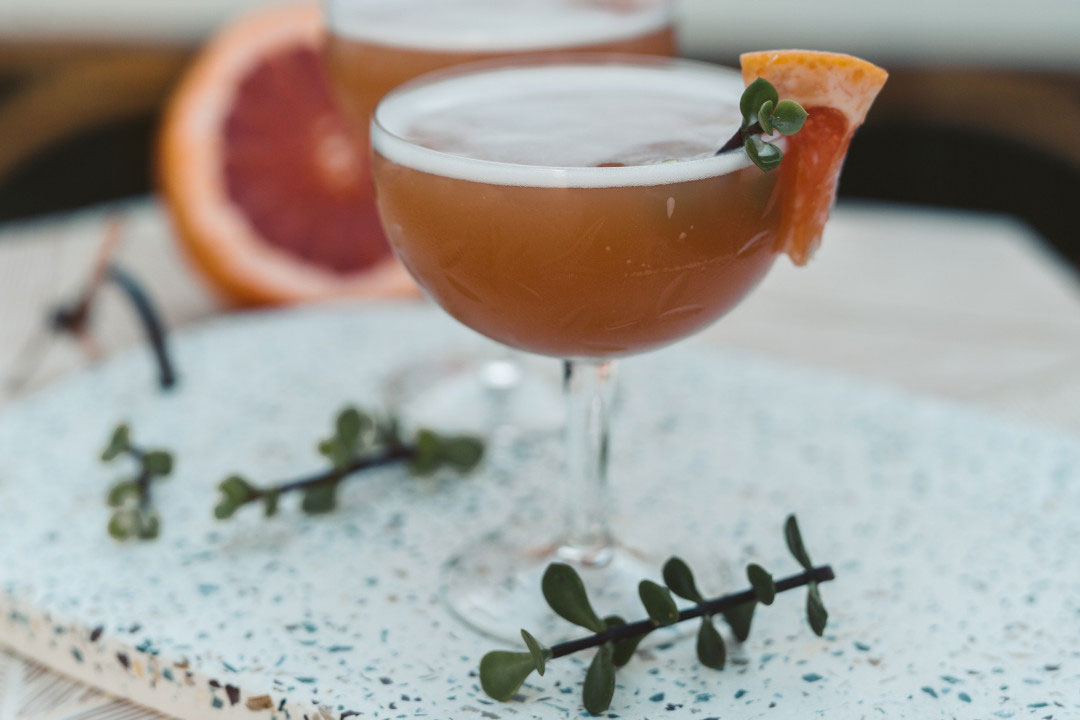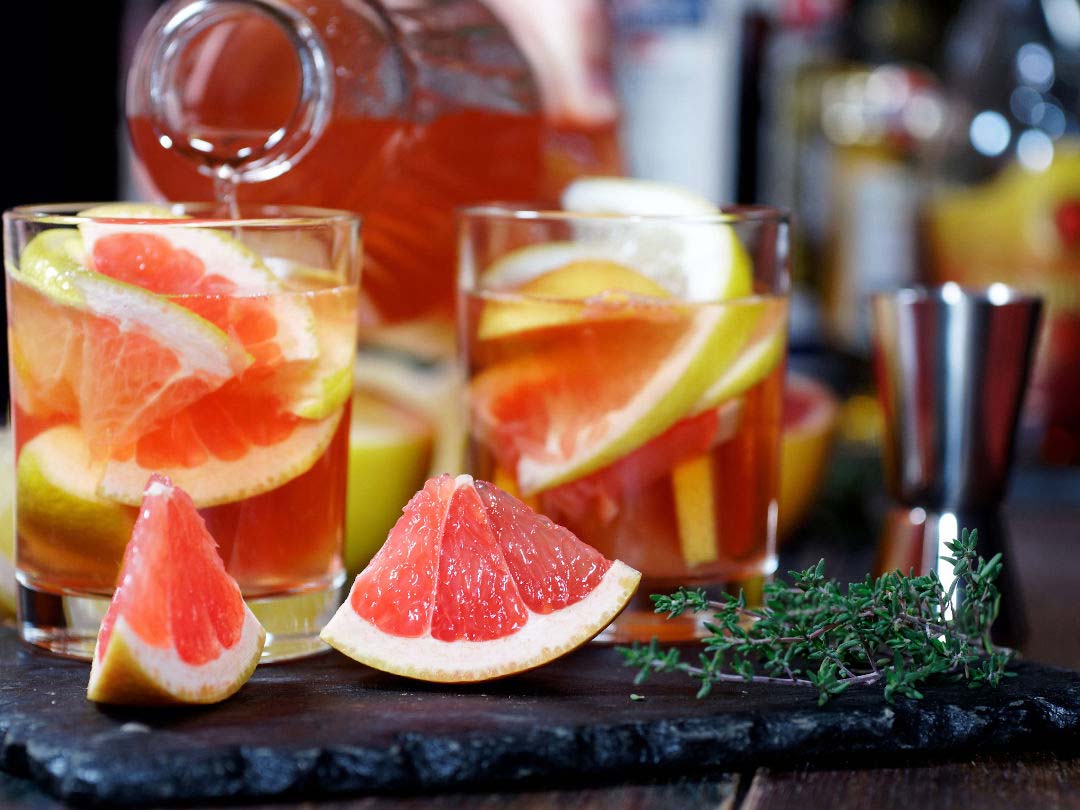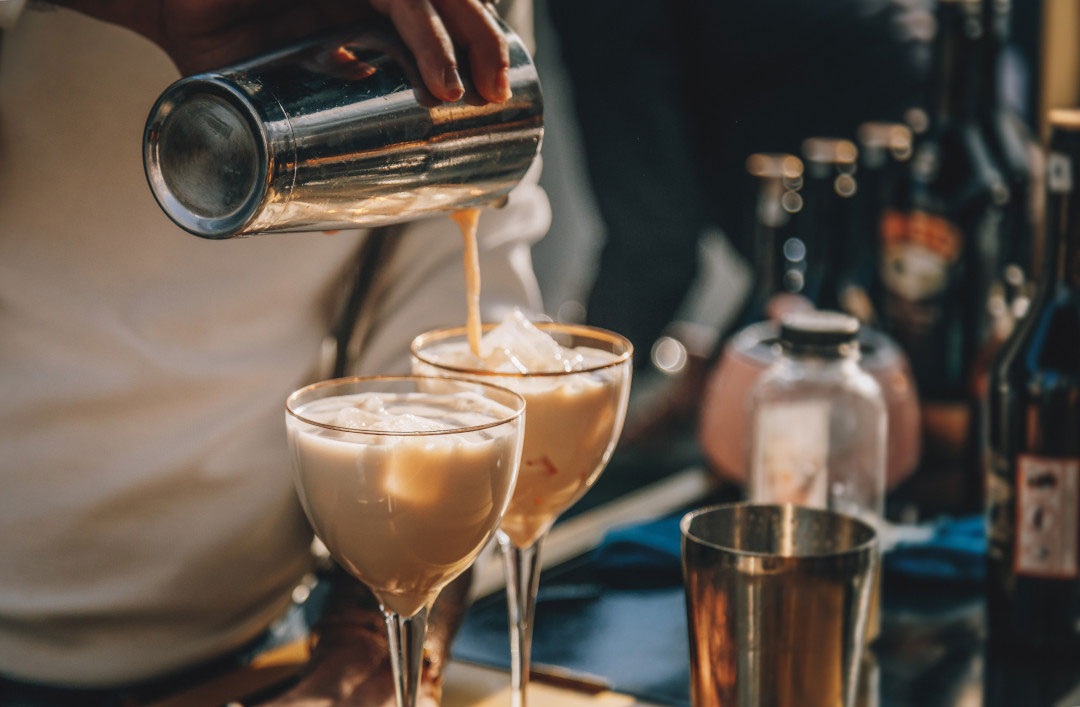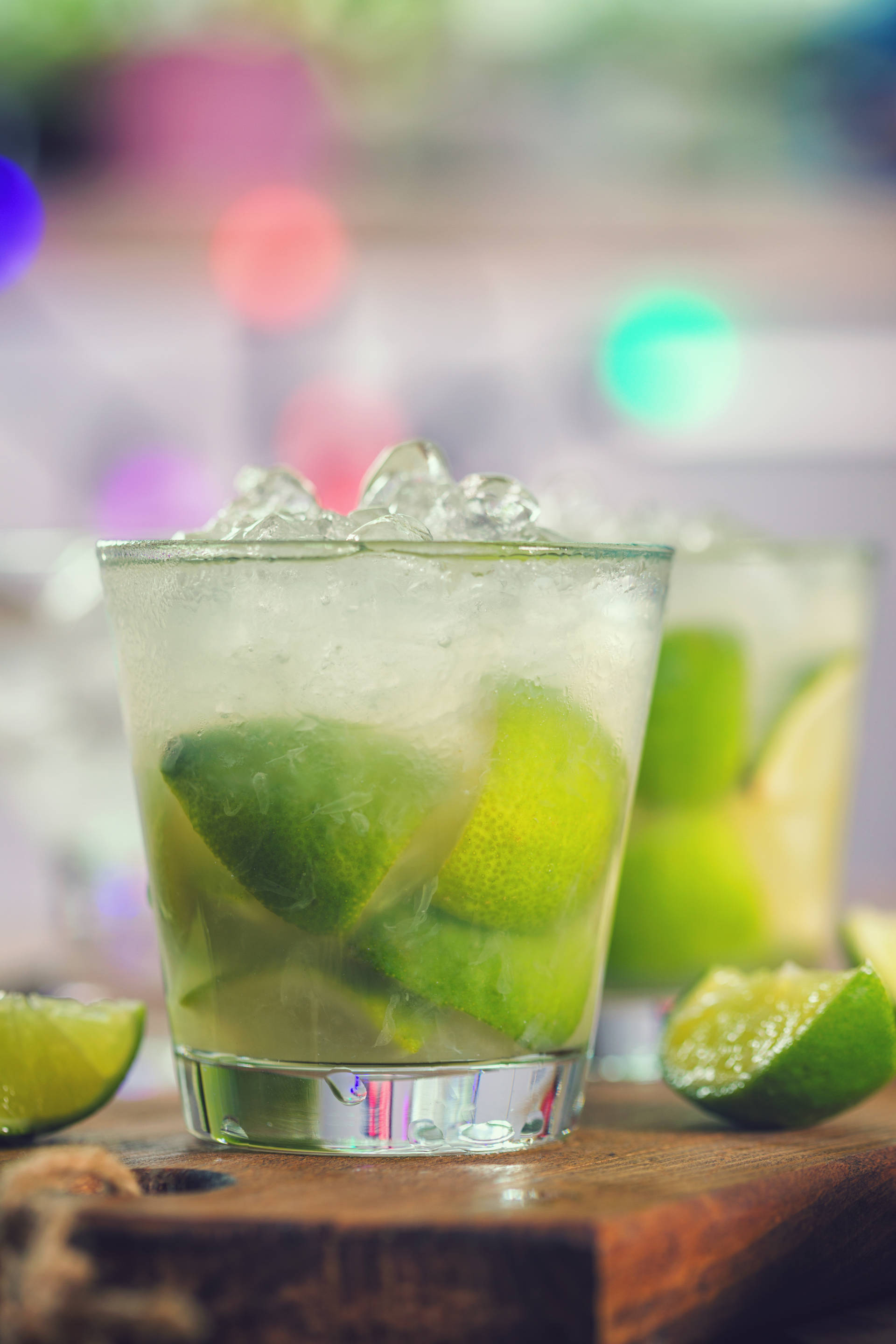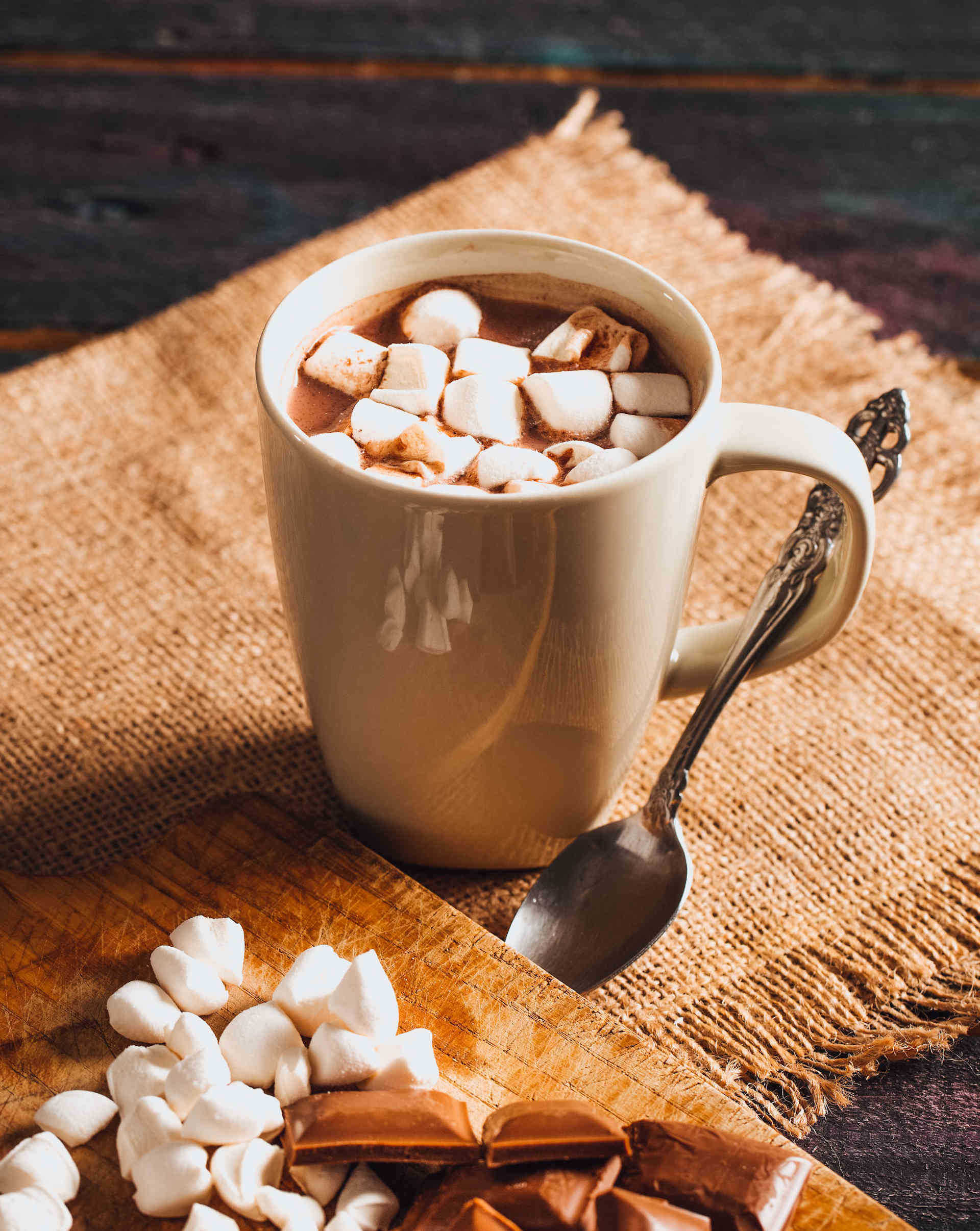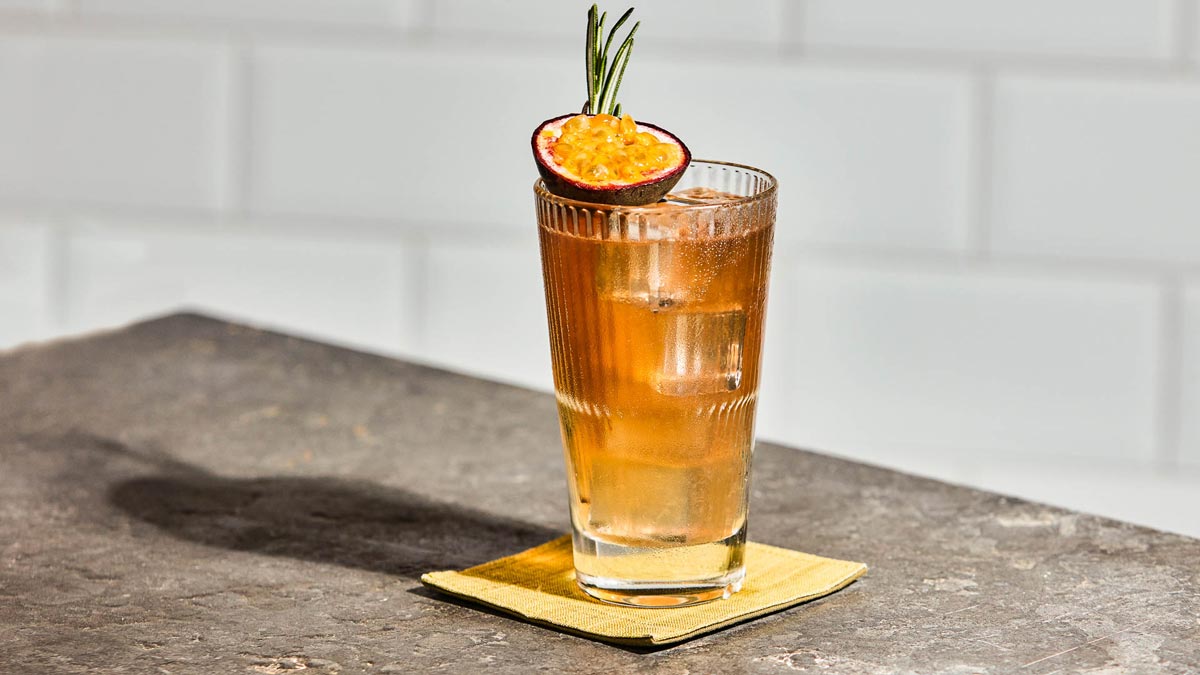Menu development

The Resurgence Of Vermouth Cocktails
What Is Vermouth?
Vermouth: a word that once evoked images of dusty bottles languishing on back shelves has now taken centre stage in the cocktail world. A staple in classics like the Martini and Manhattan, vermouth is an aromatic fortified wine that hails from Europe – made by infusing wine with a blend of botanicals, which can include herbs, spices, flowers, seeds, and bark, and then fortifying it with a neutral spirit.
Vermouth Cocktails Trends
The renaissance of vermouth cocktails can be traced back to our collective fascination with traditional and artisanal spirits, and the revival of classic cocktails. Bartenders – with their indefatigable pursuit of crafting inventive concoctions – have been exploring different vermouth varieties, effectively elevating this intriguing ingredient to new heights of cocktail acclaim.
5 Reasons to Use Vermouth In Cocktails
1. Complex Flavour Profile
From bitter and herbal to sweet and fruity, vermouth offers a cornucopia of flavours. This kaleidoscope of tastes adds an appealing complexity and depth to any cocktail it graces.
2. Versatility
With a chameleon-like nature, vermouth partners well with gin, whiskey, vodka, and can even substitute for other ingredients such as sweet or dry white wine, making it an absolute star in the cocktail universe.
3. Balancing Sweetness and Bitterness
Possessing a well-rounded balance of sweetness and bitterness, vermouth serves as the perfect fulcrum in a cocktail. It can either sweeten a sharp drink or temper a sweet one, maintaining harmony in your glass.
4. Aromatic Qualities
Imbued with herbs, spices, and various botanicals, vermouth imparts a delightful aroma to cocktails. This bouquet of smells not only enhances the overall flavour but also adds a sensorial depth to the drinking experience.
5. Historical Significance
Vermouth carries a rich historical legacy in the cocktail world, with starring roles in timeless classics like the Negroni and Martini. Today, it's celebrated by modern bartenders looking to reinvent these iconic beverages with a contemporary twist.
Popular Cocktails Using Vermouth
The Negroni, a harmonious blend of gin, sweet vermouth, and Campari, serves as a perfect example of vermouth's balancing act. Served on the rocks with a twist of orange peel, the bitter Campari is tempered beautifully by the sweet vermouth.
The Martini, arguably the most famous cocktail in the world, is a masterclass in simplicity and balance. Usually made with gin and a splash of dry vermouth, it's garnished with a twist of lemon or an olive.
Other Cocktails That Use Vermouth
Vermouth shines not only in well-known classics but also in more obscure, yet equally compelling, cocktails:
- The Martinez, a predecessor of the Martini, combines gin, sweet vermouth, maraschino liqueur, and orange bitters to create a satisfyingly rich cocktail. Served up with a lemon twist, it's a testimony to the sweet complexity of vermouth.
- The Vieux Carré, a New Orleans classic, melds rye whiskey, cognac, sweet vermouth, Benedictine, and Peychaud's bitters. This powerful combination results in a cocktail brimming with hints of herbs, spices, and fruit.
- The Americano, an Italian staple, mixes Campari and sweet vermouth in equal parts, topped with soda water. Served over ice with a slice of orange, the cocktail's bitterness is perfectly countered by the sweet vermouth and soda fizz.
What To Consider When Using Vermouth In A Cocktail
Ratio
The delicate dance of flavours in your cocktail rests on the perfect balance of vermouth with other ingredients. Start small and adjust until the vermouth subtly elevates without overpowering.
Temperature
Temperature is key to unlocking vermouth's full flavour. Sweet vermouth is typically served chilled, while dry vermouth straight from the bar. Ensure other ingredients match these temperatures for a well-rounded drink.
Freshness
Like fine wine, freshness matters in vermouth. As vermouth tends to lose its charm over time, an opened bottle should ideally be consumed within a few weeks, stored in the refrigerator.
Quality
Quality vermouth can be a game-changer in your cocktail's flavour profile. Look for natural ingredients and reputable producers; it's worth avoiding artificial flavours and lower-quality ingredients that can detract from your cocktail experience.
Our Easy Vermouth Cocktail Recipe
Ready to venture into the vermouth landscape? Here's an enticingly simple cocktail recipe to get you started:
Ingredients:
- 1 1/2 oz vermouth (sweet or dry, depending on your preference)
- 1/2 oz flavoured sugar syrup (like raspberry or lavender)
- 1 oz gin or vodka (optional)
- Ice
- Lemon twist or fresh herbs for garnish
Instructions:
- Fill a cocktail shaker with ice.
- Add the vermouth, flavoured sugar syrup, and gin or vodka (if using).
- Shake vigorously for about 10 seconds to chill and mix the ingredients.
- Strain the mixture into a chilled cocktail glass.
- Garnish with a lemon twist or fresh herbs, such as thyme or rosemary.
Explore, experiment, and make the drink your own. You can also find a range of flavour syrups to use, offering endless possibilities.
With the resurgence of vermouth in the cocktail scene, there's never been a more exciting time to experiment with this dynamic ingredient. So, whether you're a seasoned cocktail aficionado or a curious novice, the world of vermouth offers an intoxicating journey of discovery. Here's to your next cocktail adventure!

Elevate Classics
Inspire your creativity


Coffee Drinking Trends 2022: From Flavoured To Sustainable Coffee, Here’s What To Look Out For
4 mins
DISCOVER THE LATEST TRENDS
